The Fed's great shrinking act
The Federal Reserve will begin reducing the $4.5 trillion portfolio of debt it amassed to stabilize the economy after the 2008 financial crisis
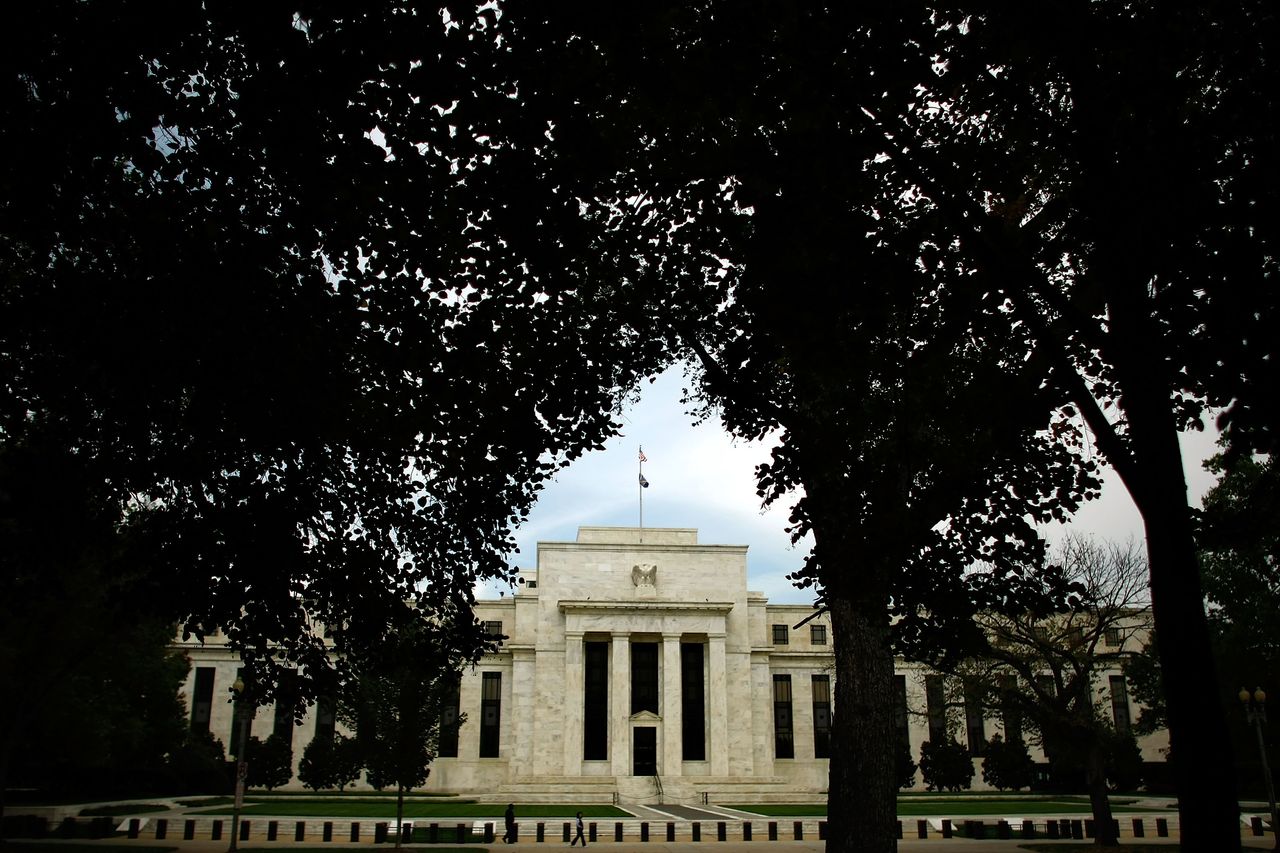
The smartest insight and analysis, from all perspectives, rounded up from around the web:
The Federal Reserve is "going on the financial equivalent of a diet," said Heather Long at The Washington Post. Nearly a decade after the central bank began a bond-buying spree to stabilize the economy after the 2008 financial crisis, it's ready to slim down — announcing last week that it will begin reducing its $4.5 trillion portfolio of government and mortgage debt. Many economists credit the Fed's massive bond purchases, alongside its slashing of interest rates to near zero, with helping to pull the U.S. out of the recession. Now the Fed is signaling that "it believes the economy has finally bounced back." This move takes the Fed into "uncharted territory," said Binyamin Appelbaum at The New York Times. Just as the magnitude of the central bank's purchases after the 2008 crisis were unprecedented — it more than quadrupled its holdings, from $900 billion to an unheard-of $4.5 trillion — so is this retreat. The Fed has simply never tried to unwind such a massive balance sheet. "No one can be certain what will happen."
That uncertainty is why Federal Reserve Board Chair Janet Yellen wants the shrinking to be "as boring as possible," said Nick Timiraos at The Wall Street Journal. She has telegraphed for months that the central bank intends to start slowly at first, allowing $10 billion worth of Treasurys and mortgage-backed securities to "roll off" the balance sheet each month, meaning they will mature and the Fed won't reinvest the proceeds. That figure will gradually ramp up to $50 billion a month in a year. Those signals are one reason why "markets haven't blinked." But there is still plenty of risk ahead. If the Fed moves too quickly, it could rattle stocks and imperil economic growth. And if the Fed moves too slowly, it could be left holding a bloated balance sheet when the next downturn hits, robbing it of the tools it used to respond to the 2008 crisis. No one knows how long the process will take, said Rich Miller and Alister Bull at Bloomberg, because the Fed has purposely not indicated "how far it wants to go" in shrinking its holdings. In the meantime, analysts expect borrowing costs for mortgages and other loans to inch up, and for costs for "companies in China and other emerging markets that borrow in dollars" to increase. But the movement should be gradual, just like the Fed's.
Subscribe to The Week
Escape your echo chamber. Get the facts behind the news, plus analysis from multiple perspectives.

Sign up for The Week's Free Newsletters
From our morning news briefing to a weekly Good News Newsletter, get the best of The Week delivered directly to your inbox.
From our morning news briefing to a weekly Good News Newsletter, get the best of The Week delivered directly to your inbox.
One wild-card factor: "The market still doesn't know who will be leading the Fed a year from now," said Paul La Monica at Money. Yellen's four-year term ends in February, and she has refused to say "whether she'd agree to stick around for a second term if President Trump asked her to stay." Trump has praised Yellen's performance, but some other candidates he is reportedly considering want the Fed to scale back its holdings more aggressively. White House chief economic adviser Gary Cohn was widely tipped as the likely pick, said Hugh Daly at NBC News, but he reportedly "rankled" Trump by criticizing the president's response to Charlottesville. Whomever Trump nominates, the president can put a lasting stamp on the Fed for years to come: Four seats on the bank's seven-member board need to be filled.
Sign up for Today's Best Articles in your inbox
A free daily email with the biggest news stories of the day – and the best features from TheWeek.com
-
 The Week Unwrapped: Why are sinkholes becoming more common?
The Week Unwrapped: Why are sinkholes becoming more common?Podcast Plus, will Saudi investment help create the "Netflix of sport"? And why has New Zealand's new tourism campaign met with a savage reception?
By The Week UK Published
-
 How Poland became Europe's military power
How Poland became Europe's military powerThe Explainer Warsaw has made its armed forces a priority as it looks to protect its borders and stay close to the US
By Elizabeth Carr-Ellis, The Week UK Published
-
 Quiz of The Week: 15 - 21 February
Quiz of The Week: 15 - 21 FebruaryHave you been paying attention to The Week's news?
By The Week Staff Published
-
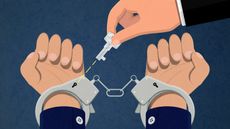 The pros and cons of noncompete agreements
The pros and cons of noncompete agreementsThe Explainer The FTC wants to ban companies from binding their employees with noncompete agreements. Who would this benefit, and who would it hurt?
By Peter Weber Published
-
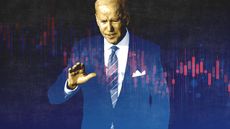 What experts are saying about the economy's surprise contraction
What experts are saying about the economy's surprise contractionThe Explainer The sharpest opinions on the debate from around the web
By Brendan Morrow Published
-
 The death of cities was greatly exaggerated
The death of cities was greatly exaggeratedThe Explainer Why the pandemic predictions about urban flight were wrong
By David Faris Published
-
 The housing crisis is here
The housing crisis is hereThe Explainer As the pandemic takes its toll, renters face eviction even as buyers are bidding higher
By The Week Staff Published
-
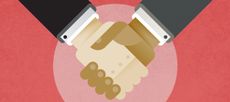 How to be an ally to marginalized coworkers
How to be an ally to marginalized coworkersThe Explainer Show up for your colleagues by showing that you see them and their struggles
By Tonya Russell Published
-
 What the stock market knows
What the stock market knowsThe Explainer Publicly traded companies are going to wallop small businesses
By Noah Millman Published
-
 Can the government save small businesses?
Can the government save small businesses?The Explainer Many are fighting for a fair share of the coronavirus rescue package
By The Week Staff Published
-
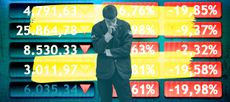 How the oil crash could turn into a much bigger economic shock
How the oil crash could turn into a much bigger economic shockThe Explainer This could be a huge problem for the entire economy
By Jeff Spross Published